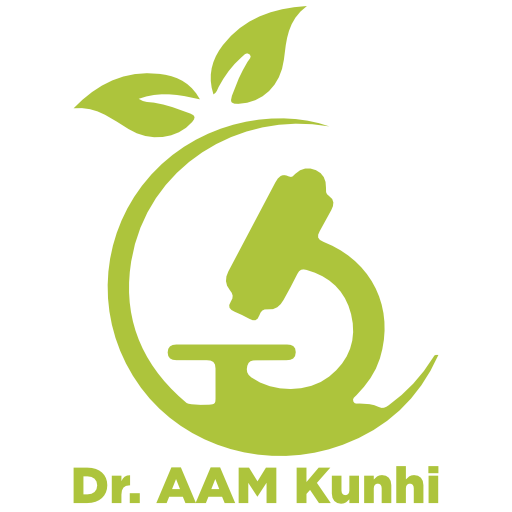
Amrutha Vijay P.T., Shila M.M., and Kunhi A.A.M. (2020) Soil Bioaugmentation with Pseudomonas aeruginosa S-CSR-0013 Eliminates the Inhibitory Effect of Phenol on Germination of Chickpea (Cicer arietinum) Seeds. J. Environ. Sci. Pollut. Res. 6(2): 420–425. DOI: 10.30799/jespr.199.20060201
ABSTRACT: Phenol is one of the 50 bulkiest chemicals produced in the world and is one of the priority pollutants found in various industrial effluents at varying levels. Its toxicity to fauna and flora has been well established. However, information on its effect on germination of crop seeds is scanty. In this study the effects of phenol on germination of 11 different crop seeds were tested by filter paper as well as soil methods. Chickpea, mung bean, and long-podded cowpea seeds were found to be highly sensitive with drastic reduction in germination percentage (GP) and seedling vigour (SV) in the presence of phenol even at very low concentrations, chickpea being most vulnerable. Marked decrease in protease and amylase activities in germinating seeds was also observed. Seed viability was inversely proportional to the concentration of phenol. The inhibitory effect of phenol on germination was eliminated effectively by bioaugmentation of the soil with Pseudomonas aeruginosa S-CSR-0013. Pre-inoculation of the soil eight days before sowing the seeds exhibited complete protection of GP and SV. The bacterium degraded phenol efficiently from the soil with concomitant growth. It can be concluded that phenol-contaminated soils could be effectively bioremediated to enable normal seed germination and seedling growth.